Seven women and one girl lined up in their respective lanes for the 800-meter freestyle Olympic final at the Aquatics Centre on Aug. 3. Rebecca Adlington, the hometown favorite who set a world record with a time of 8:14.10 in the event four years ago, was in lane four. To her left in lane three was 15-year-old Katie Ledecky from Bethesda, Md., the youngest of the 529 Americans in the Olympics.
The race began, and Ledecky built a body-length lead after the first 200 meters. The commentators thought she had started too fast, but as 400 meters to go became 200 meters and then 100, Ledecky’s only competitor was the computer-generated yellow world-record line. The crowd’s excitable roar grew into an uncontrollable frenzy. Ledecky took her final strokes, her arms swiftly spinning at her shoulders and smacking the water like a crocodile’s expanded jaw attacking the surface. She finished at 8:14.63, breaking the American record and missing the world record by half a second. A look of utter disbelief combined with pure joy spread across her face as she gasped for breath. Rebecca Adlington finished third, touching the wall more than five seconds after Ledecky. She hugged Ledecky, shook her head, and said one word that captured the moment.
“Amazing.”
Now, let’s step back a moment to put this in perspective. Just a year ago, Ledecky was starting her freshman year in high school, a shy, new student at a new school. Picture her at Grady, searching halls to find her way to classes, dodging fruit in the courtyard, and maybe sliding backwards down a certain Piedmont Park hill, her wrists in the hands of a gleeful upperclassman. Ledecky doesn’t even have her learner’s permit yet (what a loser!).
But there is one trait that she does have, one overly quoted, tiresomely mentioned and excessively celebrated: a coach’s pet work ethic that drove her to wake up at 3:45 a.m. twice a week, that urged her to keep going back to the pool every day after school, and that in the end carried her up the tall stone steps, past the dragons and into the gold-medal kingdom.
Ledecky’s hard work is what got her there, what allowed her to overcome her lack of experience and win a gold medal at such a young age. She is just one of the many Olympic examples of the potential in all of us. The cliché is common and old, but when I see Ledecky’s face after that race and how overcome she is with happiness after accomplishing her goal, I am not too shy to repeat it, or too cynical to believe it: with hard work, anything is possible, and her success should motivate all of us to commit fully to the pursuit of our goals.
There are countless other inspirational stories in the Olympics, many coming from athletes who have overcome hardships. Some of them, admittedly, I can hardly begin to understand or appreciate, because like many of you, I am lucky to have the life I have, and my life has never approached the hardships that many others out there have experienced, or are experiencing.
Take Lopez Lomong, for instance. Sorry Ledecky, but he makes your journey to London look like a cakewalk.
For Lomong, an Olympic distance runner, it was not so much about a journey to the Olympics as much as it was a journey away from death. At the age of 6, a group of soldiers kidnapped Lomong from his home in Kimotong, Sudan, and separated him from his parents. For two long weeks he was a prisoner, along with about 78 other Sudanese children. The soldiers fed the kids a mixture of grain and sand that would have killed anyone who ate too much of it. One night, Lomong was rescued by friends from his village, and they ran for three days and three nights until they reached a refugee camp in Kenya, where he would spend the next 10 years of his life. The rations in the camp were scarce, so Lomong and his friends would run 18 miles a day just to escape thinking of their hunger.
In 2000, when Lomong was 15, he and his friends walked five miles and knocked on a stranger’s door to watch the Olympics. He saw Michael Johnson win the 400-meter race and was struck by Johnson’s emotion as the American flag was raised and the national anthem played. A year later, as part of a program by the United States to resettle the “Lost Boys of Sudan,” he came to the United States to live and attend high school in Tully, N.Y. Lomong became a citizen of the United States in 2007, qualified for the Beijing Olympics in 2008, and was chosen to be the flag bearer at the opening ceremony. This year he qualified again, placing 10th in the 5,000-meter final in London. Lomong hopes that his story inspires other kids.
“Hopefully one kid out there maybe anywhere in the world saw me and saw my story, [and thinks] ‘that Lopez kid who was just in the refugee camp now is in America representing his country, and anything is possible,’” Lomong said in a video posted on his website.
The list of inspirational athletes in the 2012 Olympic Games goes on and on, from South Africa’s Oscar Pistorius, “the fastest man on no legs,” to Matt Stutzman, an archer born without arms. I love how they can remind us how lucky we are while at the same time showing us how we can overcome the struggles of our lives, accomplish our goals and feel the same sense of accomplishment so evident on Ledecky’s face.
Thankfully, all of us don’t have to make it to the Olympics to achieve our goal. In fact, the Grady Special Olympics did just the trick for three students. I sat down with Samuel Alexander, Laquita Smith and DeAndre Ford, who told me about their experience. Alexander ran track in his Olympics, and when I asked him how he liked it, a look of pride spread across his face.
“I have a lot of ribbons [at home], red, white, and maybe like three blue ones,” he said.
Ford competes in the long jumping and throwing events, and when I asked him about winning ribbons, he smiled and laughed, sporting his own Ledecky look.
“It felt very good,” he said, with an emphasis on the very.
Smith competes in the running and throwing events, and when I asked her about it, she put on her Ledecky face, smiling wide, and said she felt happy.
We all have a Ledecky look inside of us somewhere, it just takes a little work and belief to bring it out.

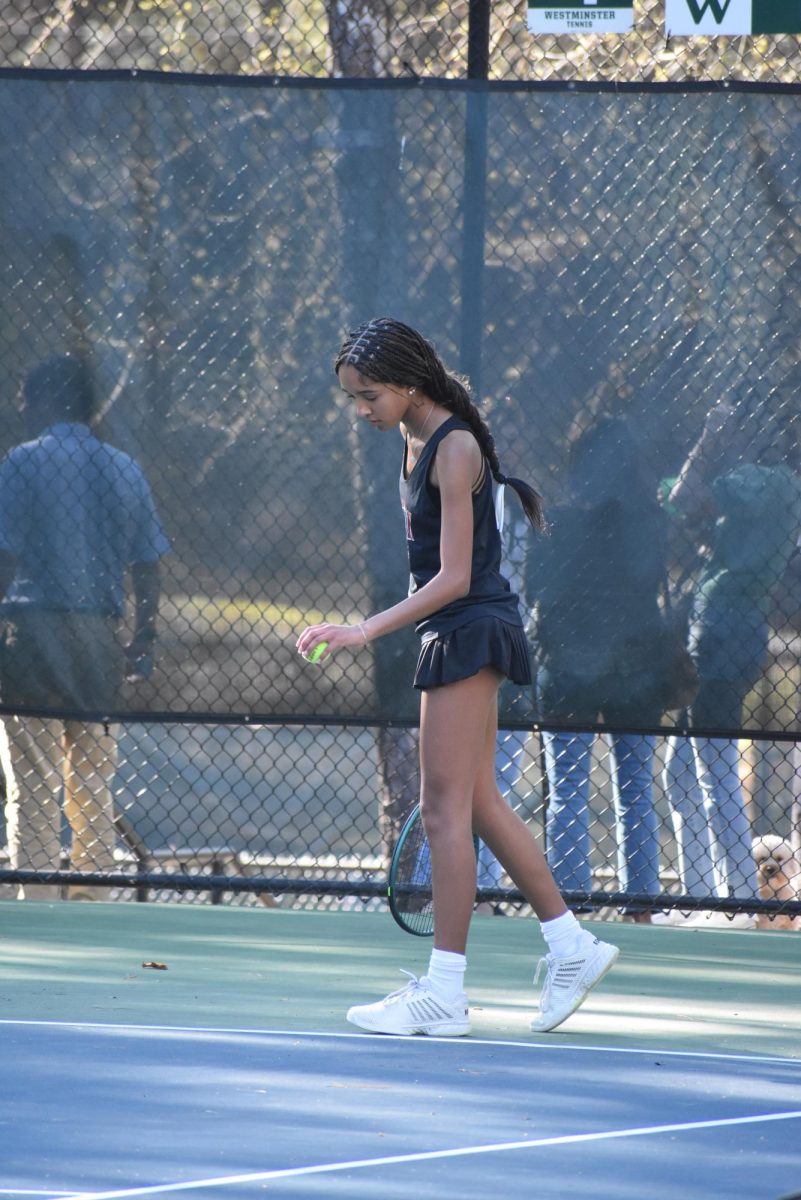
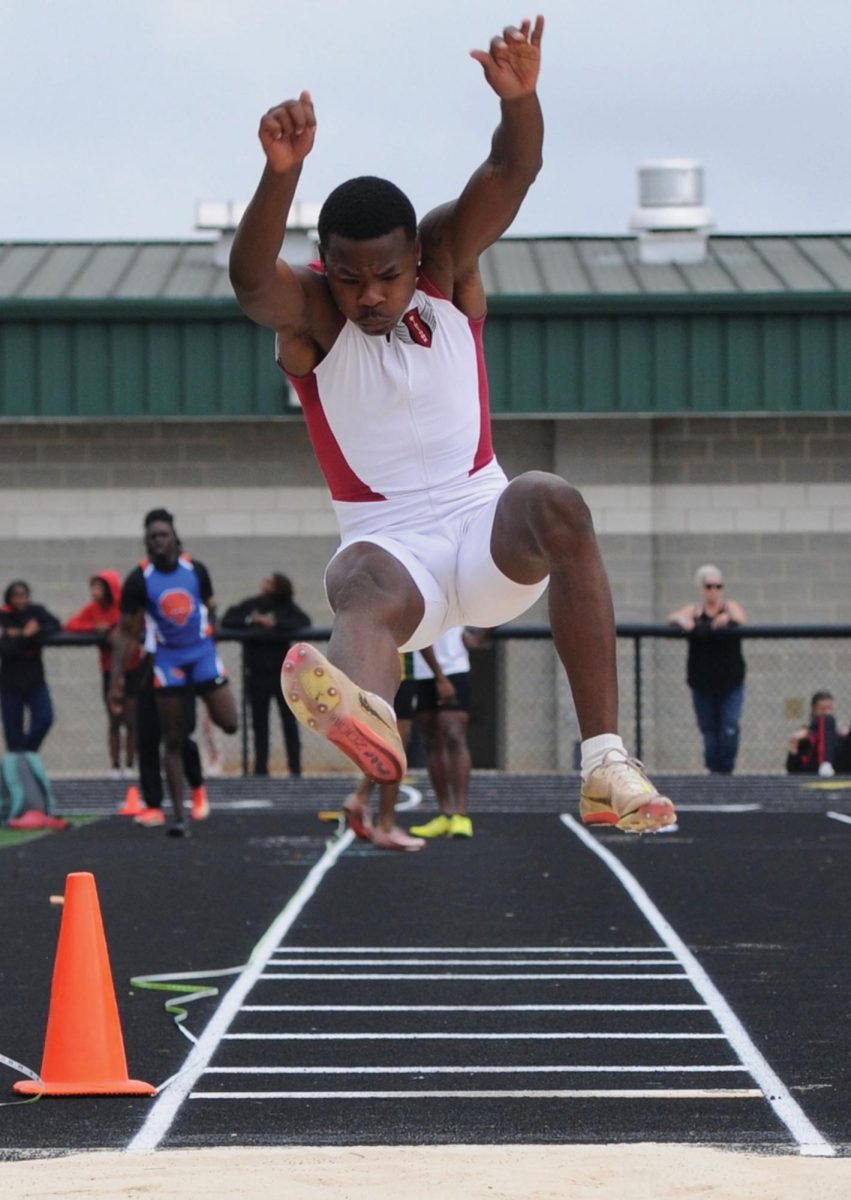

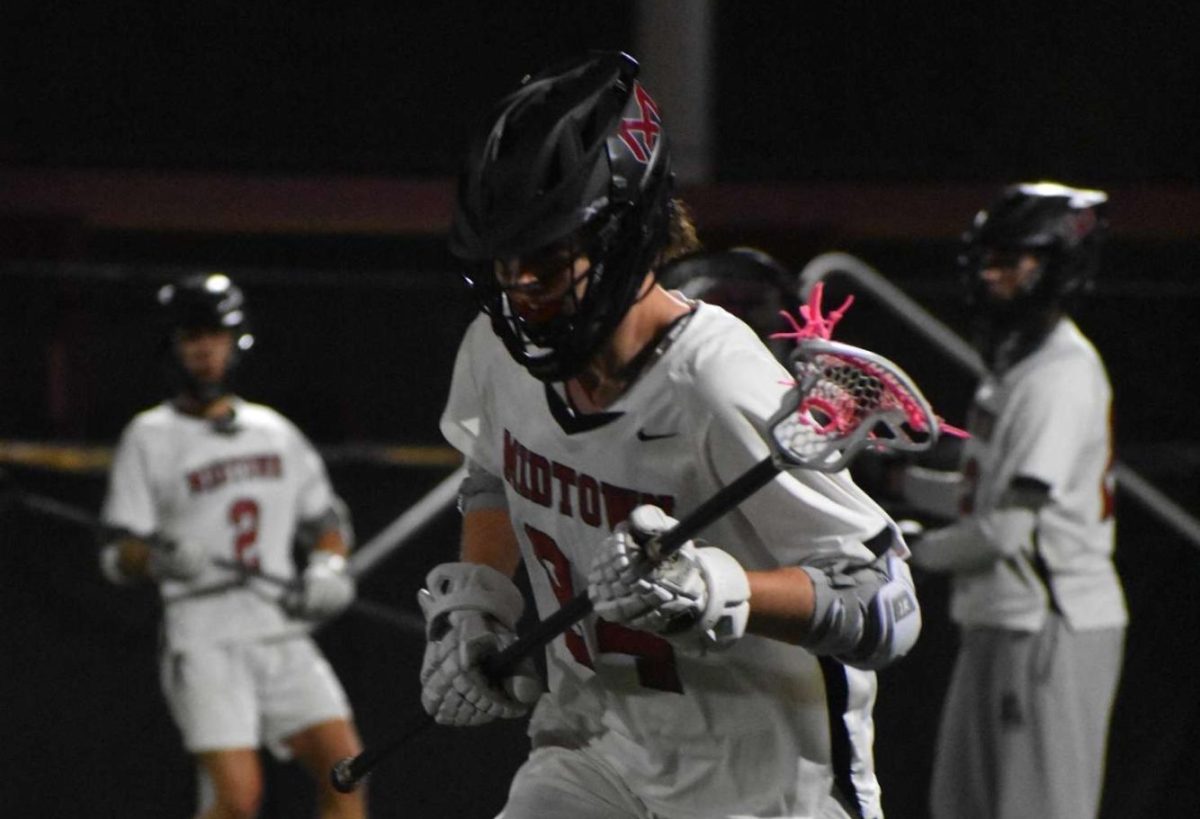
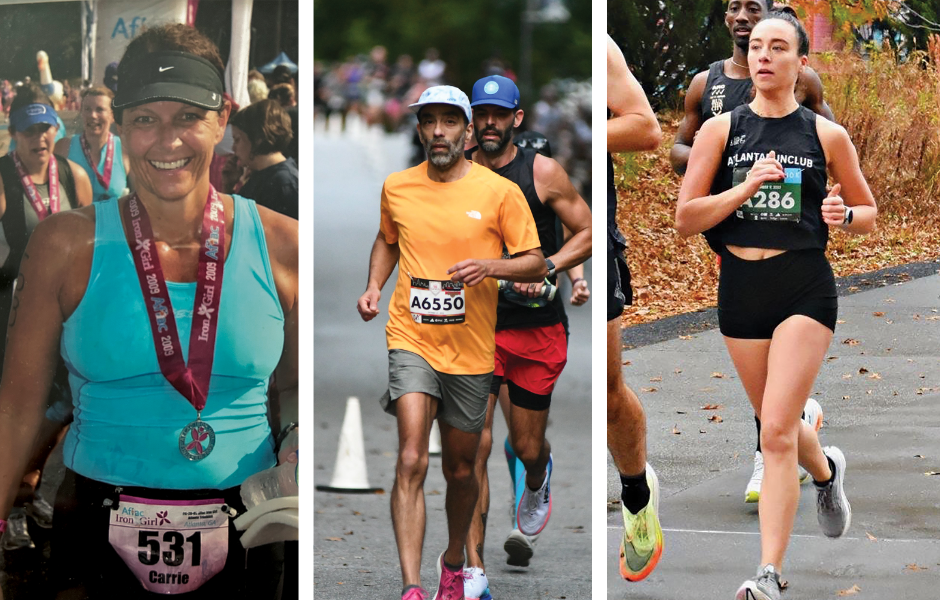
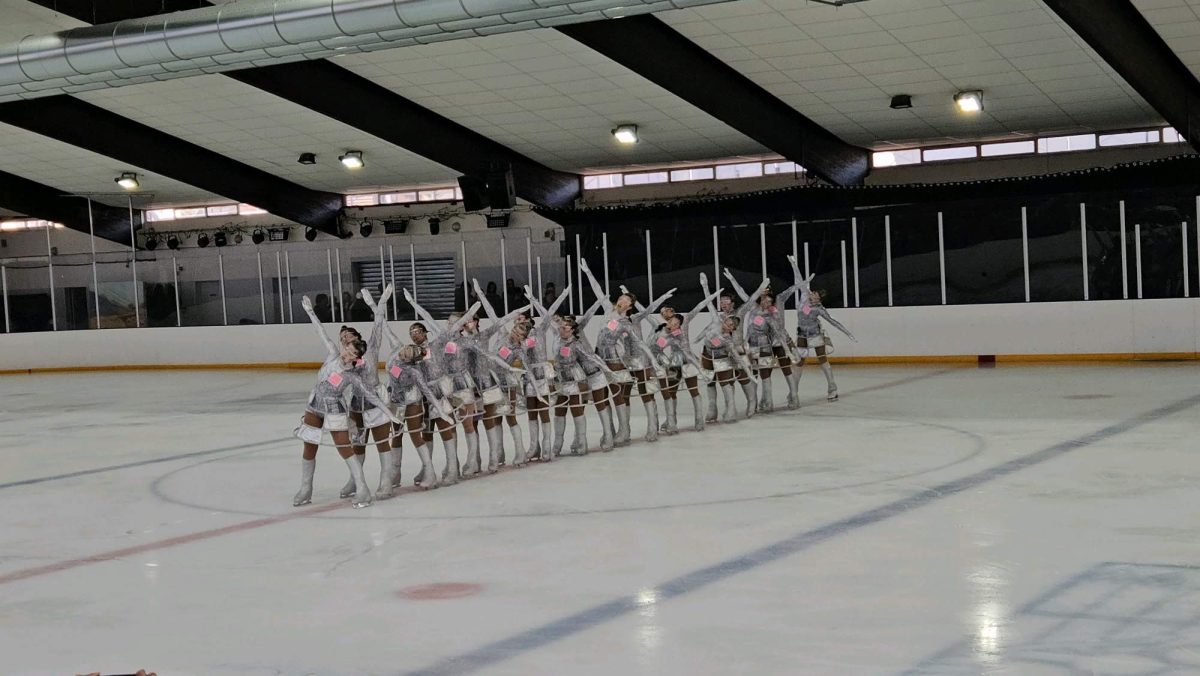
auto approve blog list • Aug 29, 2012 at 8:21 am
Hello. magnificent job. I did not anticipate this. This is a fantastic story. Thanks!